Dossier "The Workplace Reloaded"
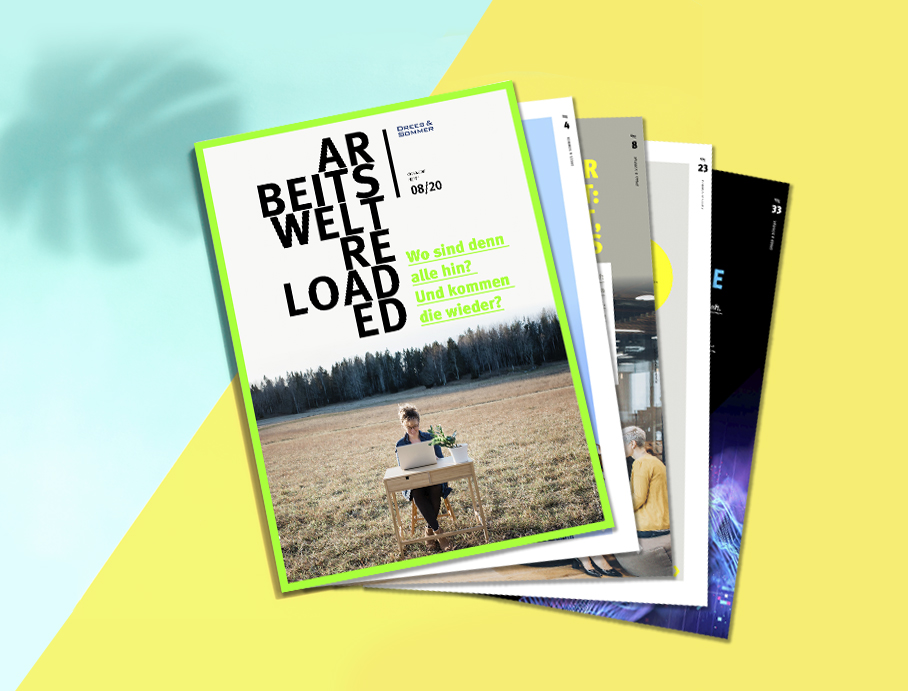
A crisis is often the catalyst for change, but it can also be a turning point. The corona pandemic has suddenly brought us face to face with issues – such as digitization and sustainability – that the construction sector would have had to address sooner or later anyway. Whilst it's clear that the office itself is still relevant, what will it actually look like?
But it's not about the sheer number of square metres, but rather whether the spaces themselves will be flexible, digital, sustainable, and valuable enough to meet the requirements of the future? At the heart of the new normal lies a dilemma: workers are craving to return to the office and work alongside their colleagues yet are also afraid of missing out on the positive aspects of the giant pandemic home office experiment.
What will characterize the offices of the future, which aspects will be important for the workplace in the future and for everyone connected with it, is the subject of numerous articles and interviews in our dossier "The Workplace Reloaded".
All articles from the dossier:
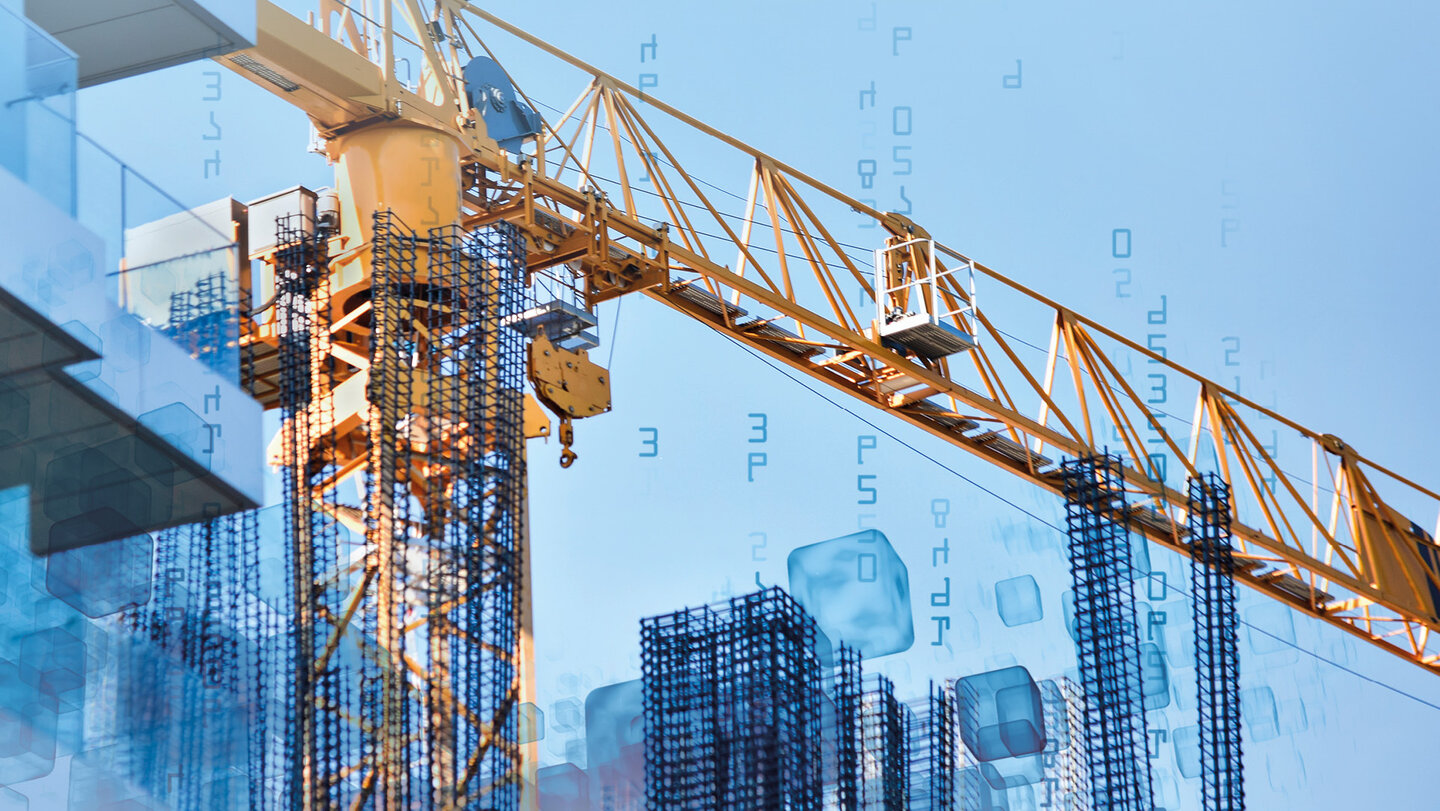
Planning successful construction projects during the new normal
With delivery delays, quarantine regulations and insolvencies, building projects are in danger of remaining unfinished and many constructors have unanswered questions. There’s no avoiding it: the coronavirus is impacting the way in which building projects are planned and managed.
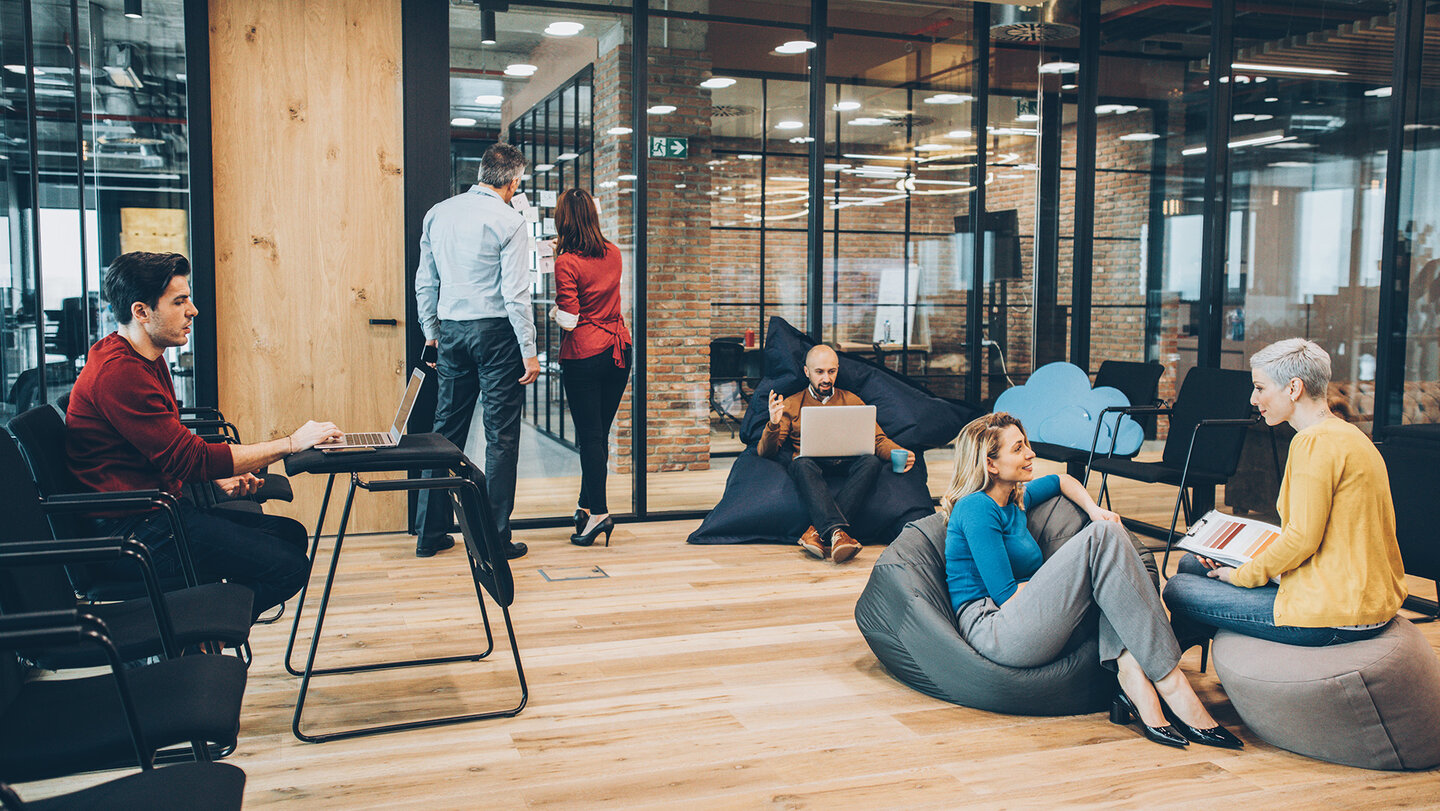
The new normal: we still need offices, but not as we know them
In the coronavirus crisis, the home office is booming whilst the economy has collapsed. But don’t expect a long-term slump in the office real estate sector. Offices are still in demand but there’s a need to adapt to the new reality and ensure that your office still has pulling power – especially as the war for talent will no doubt continue once the coronavirus is over.
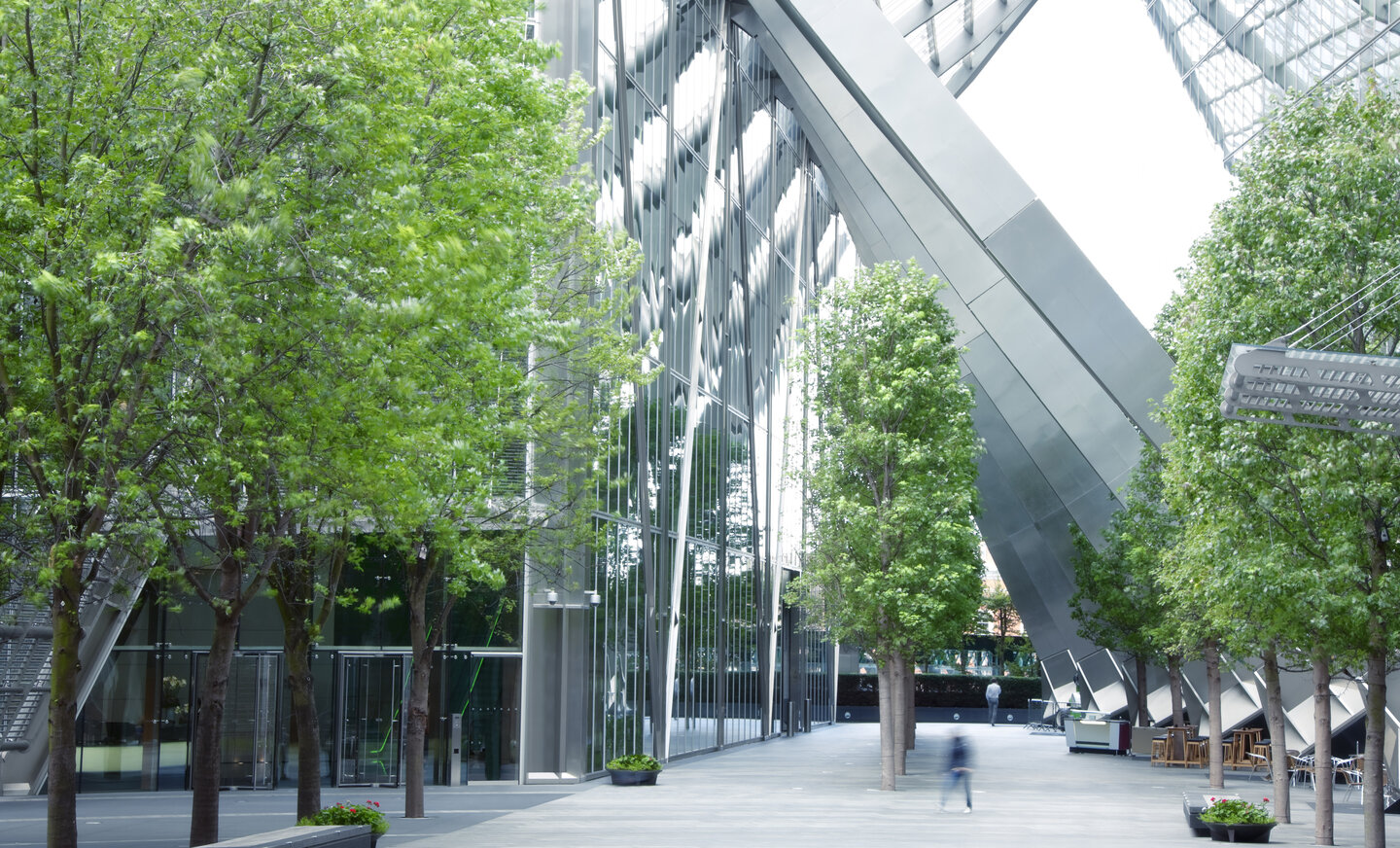
More than just a building with desks
The coronavirus crisis has accelerated certain trends in the real estate market, turning assets that were perfectly viable in the past into liabilities. For property companies, it’s time to take stock and rebalance their portfolios in order to protect themselves against and prepare for any potential outside shocks in the future.
![[Translate to English:] CA Immo](https://cdn.dreso.com/fileadmin/_processed_/c/5/csm_06_Dossier_Dederichs_Header_10394712d8.jpg) © [Translate to English:] CA Immo
© [Translate to English:] CA Immo
A smart home for the new workplace
With sensors in office buildings that collect user data to optimize building operations, Customized Smart Buildings are revolutionizing the property sector. What’s more, pilot projects are showing that they are reliable too.
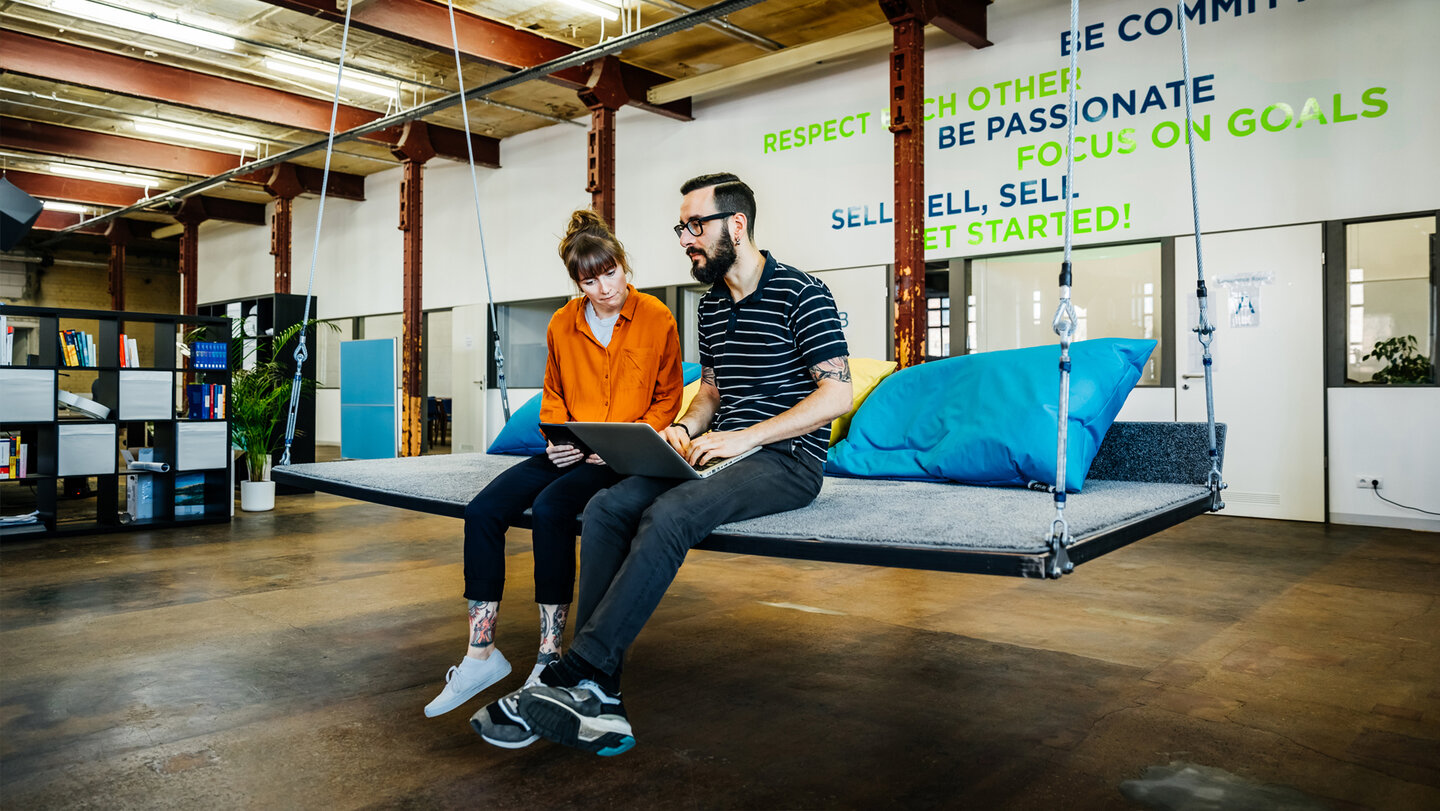
Wanted: innovative offices for the new normal
We may be some way off the new normal but there’s never been a better chance to shape it. The coronavirus has accelerated the pace of the ever changing requirements of our workplace, and we are now beginning to see a different kind of office environment starting to take shape. Workers who choose to go into the office will need to be able to tackle their most urgent tasks efficiently – otherwise, there are more options.

There will be an extra focus on hygiene
Having previously been the head of the Institute for Emergency Medicine and Medicine Management at the University of Munich Medical Centre, it’s safe to say that Prof. Christian Lackner, Director of the Healthcare Division at Drees & Sommer, knows his stuff when it comes to hygiene. Here, we talk to him about the future of work.

The next generation: healthy, renewable, circular
Sustainable buildings aren’t just energy efficient. They’re made from natural and recyclable materials, which means that they consume fewer resources and lead to employees feeling better about their workplace. On top of that, there’s a chance of achieving lower construction costs through leasing models or deposit-refund schemes.

Fresh ideas – and new business models
Because they create digital tools and other innovative solutions that connect the analog and digital workplace, start-ups will play a key role in shaping the office of the future. The property industry would be well advised to partner with start-ups and strategically invest in their ideas.
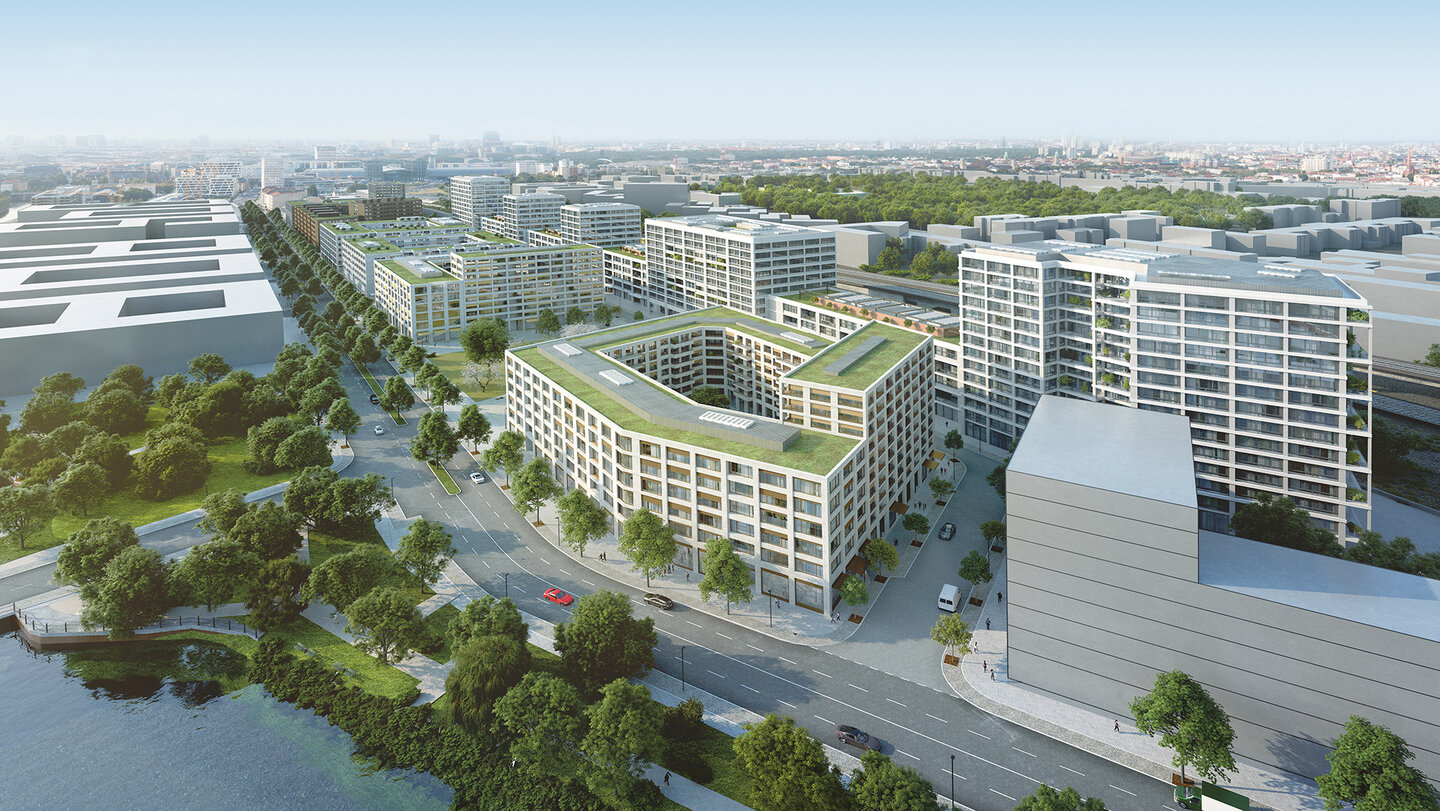
Quartier Heidestrasse: smart, connected and future-ready
Community-focused, flexible, smart and connected: Quartier Heidestrasse in Berlin is a forerunner of the smart urban district of the future. As well as being packed with technological innovations, it is designed to accommodate evolving lifestyles and new ways of working and getting around. It has made sustainability a central aspect of its design.